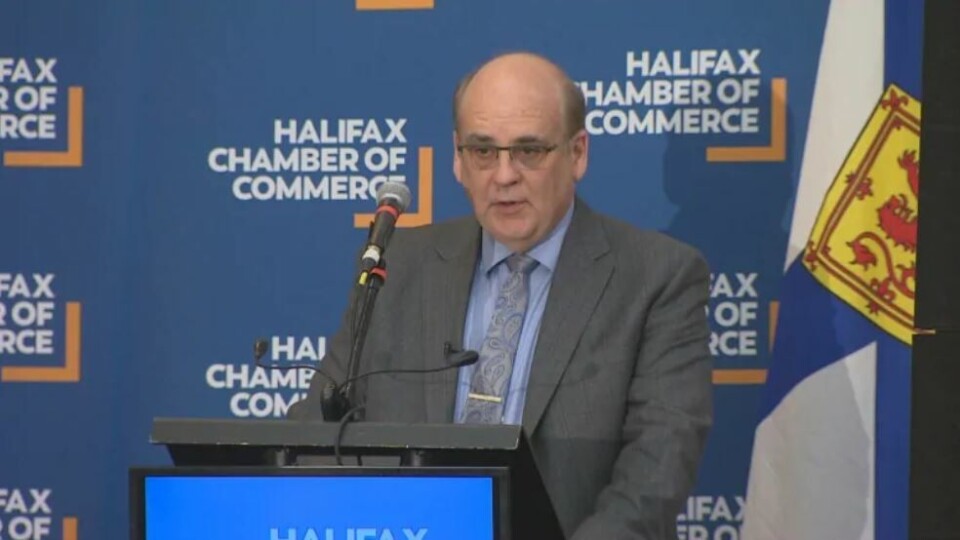
Cooke chief outlines Nova Scotia expansion ambitions
Cooke Aquaculture chief executive Glenn Cooke has told Nova Scotia businesspeople that the company requires more salmon farms in the Atlantic Canada province before it can consider resurrecting plans for a processing plant there.
The executive outlined Cooke Aquaculture’s ambitions in Nova Scotia at a Chamber of Commerce lunch in the province’s capital, Halifax, yesterday, according to a report by CBC News.
The company estimates it needs to produce about 30 million pounds (approximately 13,600 tonnes) of salmon per year to justify a processing facility.
When it was originally announced in 2012, the plant, to be located in Shelburne on Nova Scotia’s South Shore, came with the promise to create several hundred jobs. The plan was put on ice when a three-year moratorium was imposed on net-pen salmon farms in 2013.
More seawater sites
“Our goal is to produce more salmon in Nova Scotia, more seawater sites that we are applying for,” Glenn Cooke is reported to have told the audience.
Cooke Aquaculture is planning to expand in Liverpool Bay, where it already farms salmon.
Opponents claim more fish farms will harm the area, especially the lobster fishery, but Glenn Cooke told CBC News the two can co-exist.
Ill-informed opposition
“I think a lot of the people who are opposing our industry today really are ill-informed or have information that is old and not real anymore,” he told CBC News after the speech.
“We do have sustainable, environmentally friendly operations that will create long-serving jobs in those communities.”
He pointed to a recent industry-funded, peer-reviewed study that examined lobsters living under a New Brunswick salmon farm for eight years. The study said there was no difference in the size, growth or abundance of lobsters at the farm and at a site a kilometre away from the fish farm.
“At what point do we get legitimate? At what point do people realise the science is there?” asked the CEO.






















































